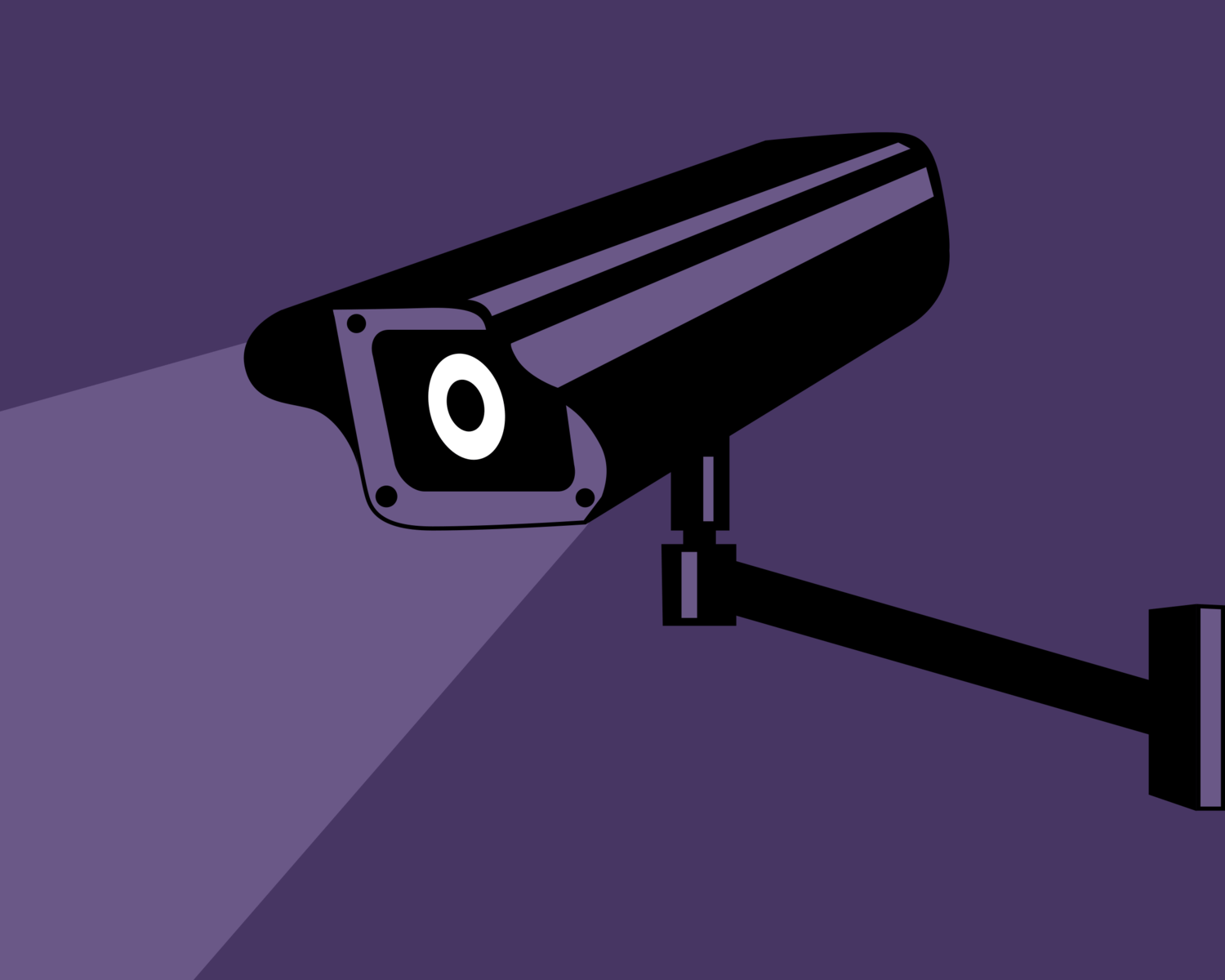The surveillance state, portrayed in dystopian novels as a government assuming ultimate control over its citizens, aims to stop disobedience at the source through the threat of punishment. The reality of the surveillance state is very different and can be witnessed through France’s new security law which forbids people from sharing images and videos of security forces online.
The French Government clearly fear the power of the public and the repercussions of its services, such as the police force, being held to such a high level of accountability. The law poses the question: what do the French Government have to fear if the police are just doing their job?
The new law adds fire to a long-standing conflict between French youths and the police force. The conflict dates back to 2005 when riots broke out in areas which contained large immigrant populations. Since then, tension has been developing; with new laws increasing police powers and the hardening of police tactics against protestors or when arresting. When combined with the rising rates of hate speech and racially motivated violent crime in France, the French Government’s new law seems to protect the increasingly powerful police force, at the expense of vulnerable minority groups.
The reasoning behind the new law is to protect police officers from harm and online abuse. Cyberbullying has developed rapidly in recent years and, with technology and social media adding a new dimension to bullying, it has increased the ease of finding and contacting people under the safety of anonymity. Police officers are more at risk of this abuse through their position as public figures, as the growing anti-police rhetoric has increased the intensity.
But, does the decision to protect police officers from digital abuse come at the expense of the real-world protection of French citizens? Often videos or images of police officers are the damning evidence in cases of injustice, discrimination or police brutality. These exposing pieces of evidence can also generate large amounts of public support; forcing courts to take cases seriously. The desperate need for this evidence reveals a deep injustice in the judicial system, as individuals have to fight against the power of the police force. The truth comes second to money and influence. Statistically, the individuals most vulnerable to harm from police services are minority groups, thereby already disadvantaged. The law would deepen forms of discrimination and injustices in French institutions.
The extent to which the media can fight societal injustices is limited by echo chambers; a cognitive bias in which people seek out media that confirms their current beliefs. The echo chamber effect can lead to increased polarisation when the disparity between those in support of the police force, and those against, grows. The rise of anti-police rhetoric, following high profile cases of injustice such as the notable murder of George Floyd, has been concentrated amongst young liberals. This uprising has been criticised by media outlets such as right-wing newspapers, whose readership consist of conservatives of the older generation. Those in positions of power in society generally come from this demographic and have the largest influence over the French Government and judicial system. The result is that liberal media movements do not reach those able to make policy changes and deep, institutional injustices continue. France has taken this a step further by restricting the ability for media movements exposing the police service to gain momentum.
With any hope, the law won’t make it through to the implementation stage. However, its recent approval by French lawmakers reveals a worrying trajectory. The law makes us question how far Macron will go to protect the police force, and at what expense?
By Charley Hales
Featured Image Source: Wikimedia Commons

